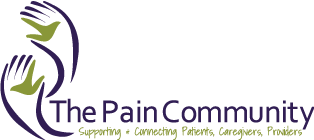
Some patients in methadone maintenance treatment (MMT) programs may have conditions or behaviors associated with increased risks of arrhythmia, including: abuse of cardiotoxic substances, cardiovascular disease, electrolyte imbalances, and prescribed medications that may foster cardiac repolarization disturbances. Furthermore, recent data suggest that in some individuals methadone – alone or, more commonly, in combination with other drugs and/or cardiac risk factors – can prolong the QT interval. This may contribute to the development of the serious arrhythmia torsade de pointes (TdP) in susceptible patients.
Current evidence, however, is insufficient to support altering routine dosing practices or requiring electrocardiograms (ECGs) for all patients entering or continuing MMT and should not deter the appropriate use of methadone. The relatively small potential risk of adverse cardiac effects with methadone should be weighed against the serious risks of withholding MMT; including a high likelihood of illicit drug use and its related morbidity, mortality, and public health ramifications.
This paper briefly summarizes the published research concerning methadone affects on cardiac repolarization and TdP. Clinical suggestions are offered in identifying individual patient cardiac risk factors and for optimizing cardiac safety during MMT.
| Author(s) | Leavitt, S.B., Krantz, M.J. |
|---|---|
| Attribution | Courtesy of Pain-Topics.org |
| Document | Download PDF |
